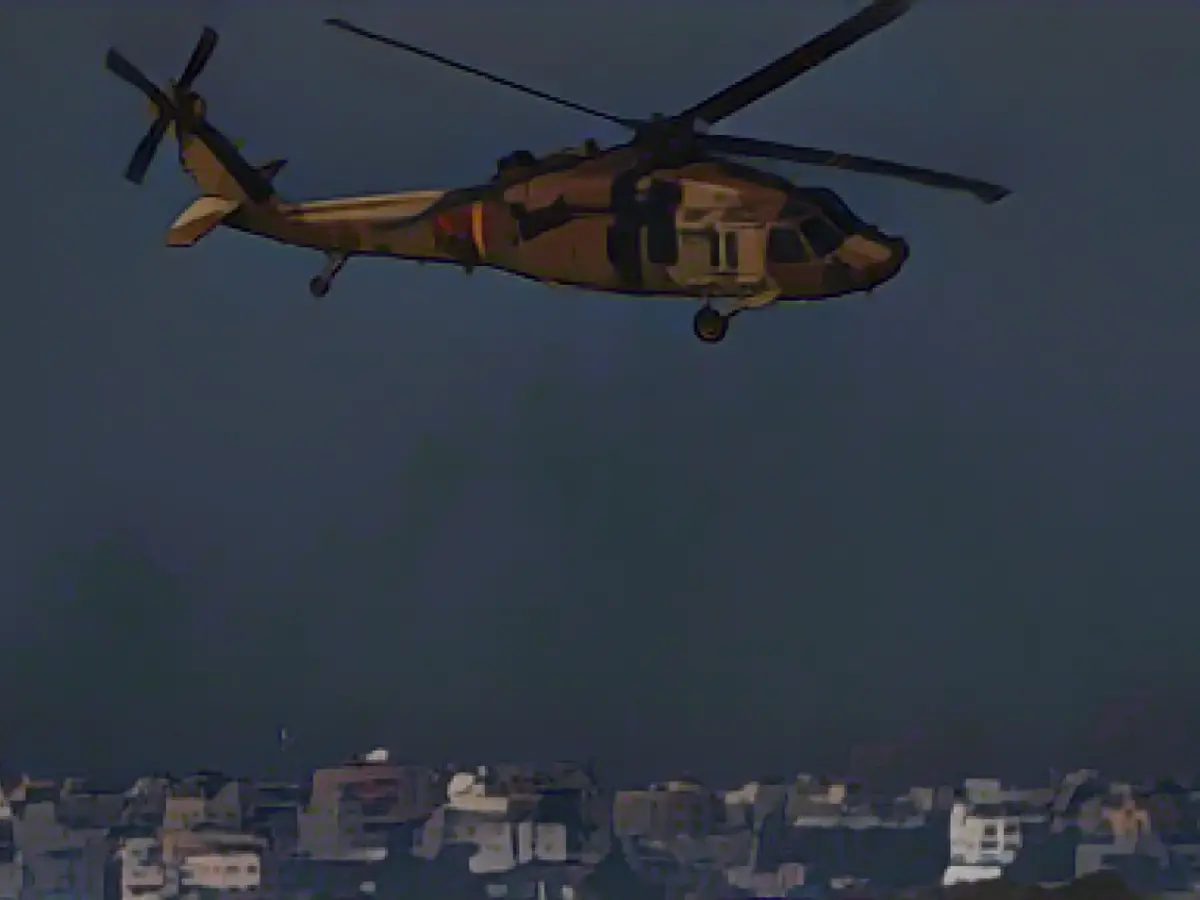The controversy surrounding Israel's adherence to international humanitarian law during the Gaza war is a complex and contentious issue. At a glance, the humanitarian situation in the Gaza Strip seems dire, causing some to argue that Israel's military actions are a direct violation of international law. However, the Israeli government maintains that their actions are a legitimate exercise of their right to self-defense.
International humanitarian law, also called the laws of war, aims to safeguard civilians and civilian objects during conflict. Israel is legally bound to follow the principles of proportionality and distinction during military action. The proportionality rule assesses the military objective achieved and the number of civilian casualties, prompting debate amongst legal experts over potential transgressions.
A point of contention is Israel's use of escape corridors and warnings before military strikes. While international law requires civilians to be warned of impending attacks, the effectiveness and appropriateness of these warnings are debated among experts. This raises questions concerning the responsibilities and obligations of both parties involved in the Gaza conflict.
Another contentious issue is the use of human shields, which is strictly prohibited under international humanitarian law. Accusations against both Israel and Hamas in this regard are a matter of continuing debate. The protection of medical facilities, such as hospitals, is another complex issue, with guidelines on when and if these facilities can be attacked if misused for hostile activities.
The Israeli government's stance is that they adhere to the rules of war, with a primary goal to minimize civilian casualties. Avichai Mandelblit, a former Israeli Attorney General, emphasizes the need to hold Hamas accountable for using civilians as shields and targeting Israeli population centers.
In conclusion, the Gaza war's compliance with international humanitarian law is a nuanced issue. Both Israel and Hamas face significant responsibilities and challenges in safeguarding civilians and adhering to war principles. This controversy continues to spark debate and discussion.
Enrichment Data:
Intense scrutiny and investigation by international organizations have revealed allegations of humanitarian law violations during the Gaza war. The following findings shed light on both parties' accountability:
Violations Attributed to Israel
- Restrictions and Blockage: Several international bodies, including Human Rights Watch and Amnesty International, have documented Israel's imposition of near-total restrictions on access to water, food, and electricity in Gaza, which allegedly amounts to collective punishment and war crimes.
- Attacks on Medical Facilities: Human Rights Watch, Amnesty International, and the World Health Organization have raised concerns regarding Israel's targeting of medical facilities and ambulances, which constitutes war crimes under the Geneva Conventions.
Violations Attributed to Hamas
- Massacres and War Crimes: Human Rights Watch and the International Criminal Court have identified Hamas's attacks on Israeli civilians, potentially constituting some of the world's most serious international crimes, including potential genocide.
These international organizations have extensively documented alleged international humanitarian law violations in the Gaza conflict, contributing data for potential court proceedings and shedding light on the war's humanitarian implications.





